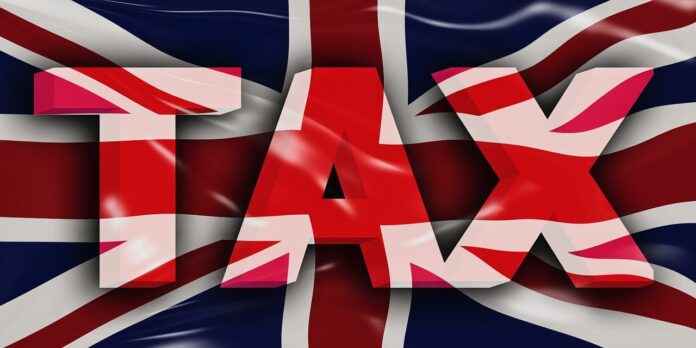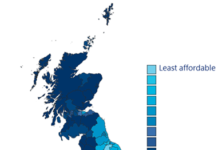As a homeowner in the UK, navigating the complex landscape of taxes and regulations enforced by HM Revenue and Customs (HMRC) can be daunting. Beyond the basics of property tax and mortgage interest relief, there are numerous nuances that, if overlooked, could result in significant fines. Nojan Rahimi from Blutin Finance aims to shed light on some lesser-known aspects of HMRC’s regulations concerning homeowners, as well as the fines associated with non-compliance.
Understanding Property Taxes
When it comes to property ownership, the primary tax homeowners need to be aware of is the Council Tax. This tax is levied by local authorities to fund local services and is based on the valuation band of your property. While most homeowners are familiar with paying this annual tax, not everyone is aware of the discounts and exemptions available. For example, if you live alone, you are entitled to a single person discount of 25%. Additionally, if your property is unoccupied and unfurnished, you might be eligible for a temporary exemption.
Capital Gains Tax (CGT) on Property
One of the more significant yet often misunderstood taxes is the Capital Gains Tax (CGT) applied when selling a property that is not your primary residence. If you sell a second home or rental property, you must pay CGT on the profit. The rates can be as high as 28% for higher-rate taxpayers, making it essential to understand the reliefs available, such as Private Residence Relief, which can significantly reduce your CGT liability.
Letting Out Your Property
If you decide to rent out your property, there are additional tax implications to consider. Rental income is subject to Income Tax, and you must declare this income on your annual tax return. However, many homeowners are unaware that they can deduct certain expenses, such as repairs, letting agency fees, and mortgage interest, which can reduce the taxable amount.
The Landlord’s Responsibility
Landlords have a range of responsibilities beyond just collecting rent. HMRC expects landlords to comply with safety regulations, such as obtaining a Gas Safety Certificate and ensuring electrical systems are safe. Failure to comply can lead to substantial fines. Additionally, landlords must protect tenants’ deposits in a government-approved scheme, and failure to do so can result in fines up to three times the deposit amount.
HMRC Penalties and Fines
HMRC has strict penalties for non-compliance and incorrect filings. Here are some key fines that homeowners should be aware of:
Late Filing of Tax Returns: If you miss the deadline for filing your tax return, HMRC imposes an immediate £100 fine, which can escalate with continued delay.
Incorrect Returns: Filing an incorrect return, whether intentionally or not, can result in penalties ranging from 0% to 100% of the unpaid tax, depending on the nature of the error.
Failure to Declare Rental Income: If HMRC discovers undeclared rental income, penalties can be severe. These fines can be up to 100% of the unpaid tax, in addition to the tax owed.
Failure to Pay CGT: Missing the deadline to pay CGT on the sale of a property not only incurs interest on the unpaid tax but can also attract penalties of up to 15% of the tax due.
Things You Might Not Know
Principal Private Residence Relief (PPR): If you sell your main home, you are generally exempt from CGT. However, if you have used part of your home exclusively for business, that portion might be liable for CGT.
Rent-a-Room Scheme: Homeowners can earn up to £7,500 per year tax-free from letting out a furnished room in their home. This is a great way to generate extra income without the hassle of additional tax paperwork.
Annual Tax on Enveloped Dwellings (ATED): If your property is owned by a company and worth more than £500,000, you might be liable for ATED. This is an annual tax, and failure to pay can result in significant fines.
Energy Efficiency Improvements: The cost of certain energy efficiency improvements, such as installing insulation or double glazing, can sometimes be deducted from rental income, reducing your tax liability.
Help keep news FREE for our readers
Supporting your local community newspaper/online news outlet is crucial now more than ever. If you believe in independent journalism, then consider making a valuable contribution by making a one-time or monthly donation. We operate in rural areas where providing unbiased news can be challenging. Read More About Supporting The West Wales Chronicle























